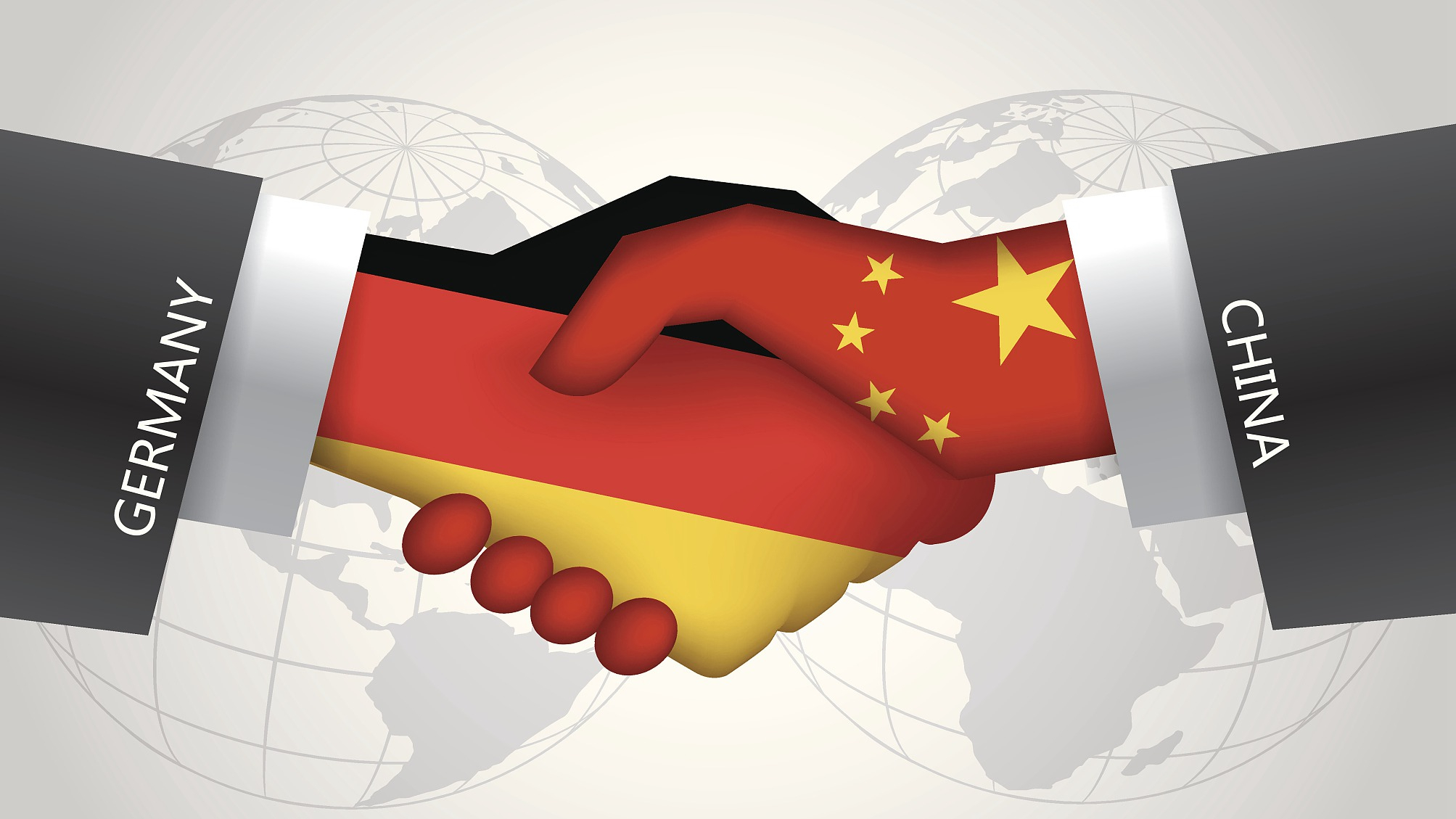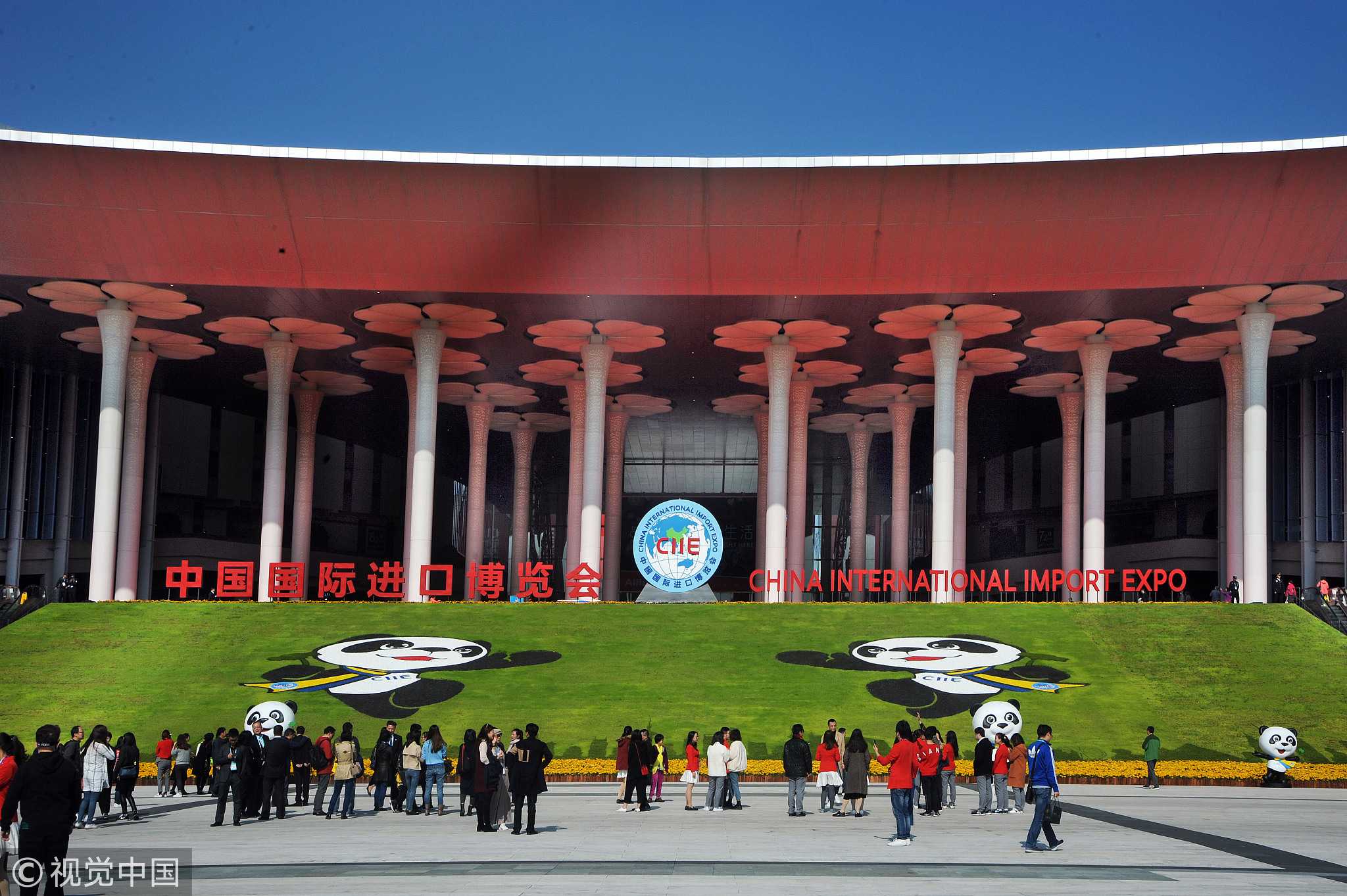
Opinions
21:22, 09-Dec-2018
China, Germany aim for cooperation despite differences
Updated
21:06, 12-Dec-2018
Zhong Zhun

Editor's Note: Zhong Zhun is an associate professor at the Institute for Advanced Studies in Humanities and Social Science at Chongqing University. The article reflects the author's opinion and not necessarily the views of CGTN.
German President Frank-Walter Steinmeier is on a six-day state visit to China. He is scheduled to meet Chinese President Xi Jinping and Premier Li Keqiang in Beijing and hold talks with entrepreneurs and scholars in Guangdong and Sichuan.
As a member of the Social Democratic Party (SPD), Steinmeier served twice as minister of foreign affairs in Angela Merkel's grand coalition government. During his eight-year term in office, Germany generally adopted a pragmatic policy toward China, focusing on beneficial economic cooperation. According to official figures, China has replaced the U.S. as Germany's largest trading partner.
In the past decade, Sino-German relations have enjoyed intense business cooperation. During his visit to Guangdong, Steinmeier praised the success of China's reform and opening up. In the meantime, he anticipated China further opening its market to German and European companies.
China's efforts in opening its economy are known to the world. At the China International Import Expo (CIIE) held in November this year, more than 170 German companies showcased their products and services.
Cooperation is always accompanied by competition.
In Germany, there are growing concerns about China's "takeover" of German technology. China has been advocating fair trade, and such suspicions will eventually be dissolved by China's practical actions.

An outside view of the venue of the China International Import Expo in Shanghai, China. /VCG Photo
An outside view of the venue of the China International Import Expo in Shanghai, China. /VCG Photo
Germany is playing a leading role within the European Union, but it is, in the meantime, facing tough challenges, such as the refugee crisis and rising populist sentiments. In this context, Berlin is attaching greater importance to Sino-German ties in the post-Merkel era. Observers believe that Annegret Kramp-Karrenbauer, the new leader of the ruling party Christian Democratic Union (CDU), will follow Merkel's practical China policy if she becomes the next chancellor.
Berlin and Beijing have common interests in a number of international affairs and in maintaining the current global order. For example, China is a significant partner of Germany in combating climate change. In the future, Germany and China can find more opportunities to further deepen their collaboration at a multilateral level.
Concerning growing unilateralism and protectionist tendencies in global trade, China and Germany, as two export-driven economies, have agreed to operate within an open trading system under the WTO framework. The EU and China have recently been collaborating on a joint proposal on WTO reform.
However, it is worth noting that some German scholars and media outlets hold prejudice against China, accusing the Chinese government of trampling human rights. These voices may exert some negative effects on Germany's China policy, as a country's foreign policy is increasingly intertwined with public opinion at home. China's efforts in human rights protection can never be underestimated. Misunderstandings on China are a result of insufficient communication.
Therefore, it is of vital importance for Germany and China to launch regular and direct dialogue, in line with what Steinmeier highlighted in his speech at Sichuan University. As major powers in the global arena, Beijing and Berlin should abandon stereotypes and embrace closer cooperation for multi-win results.
(If you want to contribute and have specific expertise, contact us opinions@cgtn.com.)

SITEMAP
Copyright © 2018 CGTN. Beijing ICP prepared NO.16065310-3
Copyright © 2018 CGTN. Beijing ICP prepared NO.16065310-3